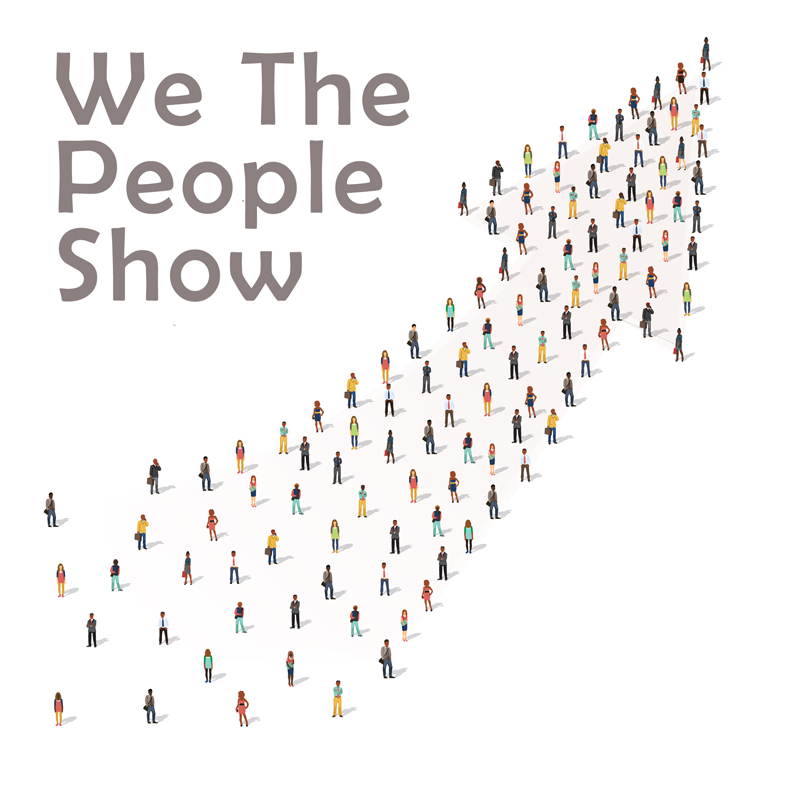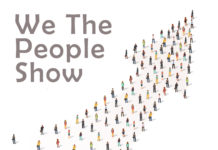
The Kenya National Interface Team (KNIT) has since 2015 been holding sessions aimed at addressing issues that have set Kenya on a challenging political and social trajectory since independence. The weakening of governance and social institutions that have resulted from this, threatens the very core of Kenya’s unity and peaceful coexistence among the various tribes and Nations within her borders. So KNIT created itself as a multidisciplinary thinking space for interrogating identified issues for the purposes of influencing well-considered and proactive approaches to addressing them.
One such gathering was the 24th Ordinary Session of KNIT, which was held from 21 and 23 February 2022. Here, KNIT member, Julius Okara, shares some of the issues on the discussion table. This audio brief is brought to you by “We The People Show” on Radio Baraza, in conjunction with KNIT and FES




Btw how did the Maasai relate to their non-maasai neighbourhood in the precolonial period? Didn’t they raid their neighbours to obtain the cows, some of which they would later perhaps donate in the manner described by Engineer?
Is it being suggested that because utu glued us together, we were without contradictions,competition, conflict, and rancourous political and military conflicts, divisions and separation?
Isn’t it the case that most migrations of our people into present-day Kenya were triggered by among other things, political and leadership contests?
Colonial conquest is actually known to have disrupted indigenous state formation in many regions in Africa. Moreover, contrary to some popular narratives, the formation of these states involved conquest and subjugation. Kingdoms in Africa, as elsewhere in the world, had oppressive and exploitative ruling classes and oppressed and exploited subjects whose toil, sweat, and blood nourished the glamorous lives of the dynasties To this extent therefore the existence of utu as a binding ethos appears not to have prevented the kind of injustices and conflicts normally associated with class domination, contradictions and struggles in all class societies. Class formation, stratification, and conflicts obviously predate colonialism and would have in any even progressed endogeneously at different rates in different locations in the continent even if we were never colonised.
It is possible, however, that the notion of utu was to be found in some classless communities where the modes of existence were yet to give rise to surpluses and the.possibility for the emergence of a leisurely class of rulers. Therefore in appealing to utu as some uniquely African ethos grounded in our “africanness” from a romantic glorious past we may need to revisit and review the authenticity of the nostalgic narrative of precolonial Africa as an idyllic pristine and homogeneous classless society in which everyone shared equally in the burdens of production, reproduction, expropriation and transformation.
Notwithstanding the caution above it is also possible that the ethos was actually present in class societies as a convenient hegemonic ruling ideology and device of the nascent ruling classes to minimise the necessity for the use of force and compulsion in governing. Such shared ethos makes it easy for the oppressed to acquiesce in their subjection and to accept to be oppressed with their consent.
In the search for an equitable and just society it is necessary to restructure the state in Africa to make it responsive to the needs and aspirations of the poor, exploited and oppressed labouring majorities for prosperity, justice, equity, inclusivity and non-discrimination.
I’m not sure, however, that there exists some silver bullet in our glorious past whose resurrection would put paid to our present-day challenges for good.
I also doubt that there is a constitutional and legal framework or an ethical and moral magic wand that will extinguish the intense political contestations that are thrown at us by our present-day realities of neocolonial imperialist domination.
Imperialists have made a sport of imposing on us extremely selfish, venal parasitic and bigoted ethnic cabals of compradors who have privatised the state and perpetuate.the backward supremacist politics of ethnic chauvinism and exclusion that threatens the very fabric of the country every election cycle.
To confront, subdue and defeat them and their backward politics we must nurture a principled, ethical, focused, resolute, and selfless leadership that recognises the need to practice inclusive, just, and equitable national and patriotic politics. In the course of a struggle to transform championed by a selfless leadership we shall forge a new and progressive egalitarian ethos.